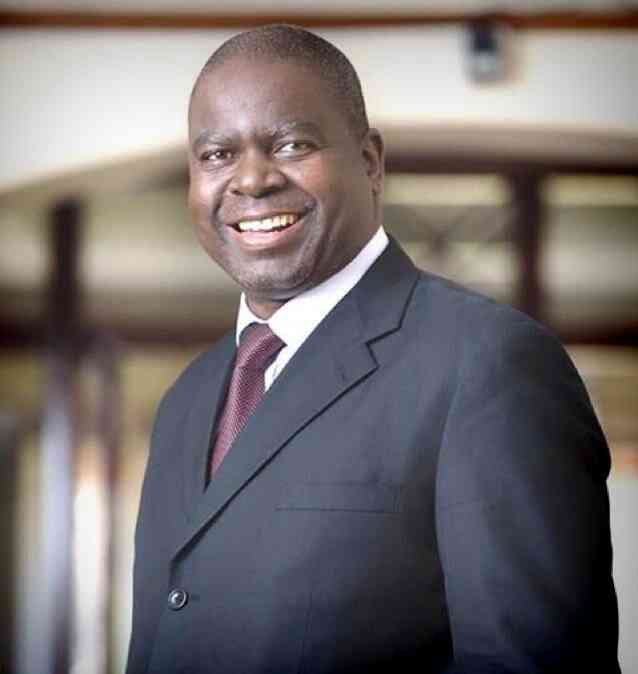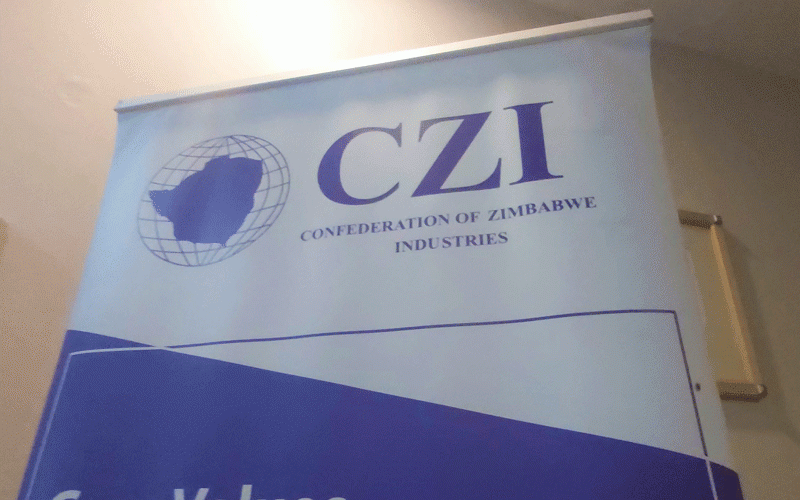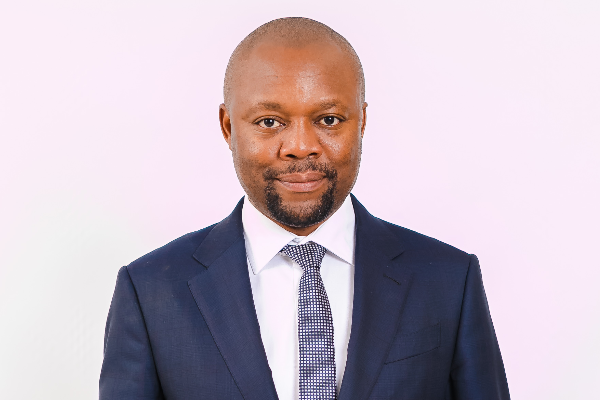
THE Reserve Bank of Zimbabwe (RBZ) considered using cryptocurrency as one of four options to deal with the rapid depreciation of the Zimbabwe dollar, it has been revealed.
Speaking at the Zimbabwe Independent’s post monetary policy review breakfast meeting held in Bulawayo on Wednesday, RBZ governor John Mushayavanhu revealed that the creation of the new currency, Zimbabwe Gold (ZiG), was the culmination of market wide consultations.
Zimbabwe Independent is a unit of media group Alpha Media Holdings alongside NewsDay, The Standard and online broadcaster, HSTV.
At the meeting, the RBZ boss said the consultants must also take responsibility for ZiG’s creation. The consultants included officials from the World Bank and Zimbabwe International Trade Fair Company and Zimbabwe Investment and Development Agency chairperson Busisa Moyo.
“Normally, ‘whispers behind the throne’ should not be known but I guess I bear some responsibility. But, maybe I just need to cast back a little bit. At the time when we were looking at various options, we really had a few choices, maybe four. We could have stayed where we were with the ZWL$ (Zimbabwe dollar) but that was not working,” Moyo said, who was also speaking at the breakfast meeting.
“Hyperinflation, IAS21 or 29, it was a headache for accountants and for people looking for financial information from outside. The IT guys were having a tough time…We just could not stay where we were. Governor, you did not reveal that it is you who makes the choice.
“The IMF (International Monetary Fund), the World Bank and economic actors like ourselves give you input, but you have the unenviable task and difficult task of choosing all this advice which you are going to hear more today and choose which one [is the best]. But, we only had three choices.”
Moyo said one option was to remove zeros like what Zambia did in 2013 when it rebased its currency owing to market and economic volatility.
- RBZ blocks Harare US dollar charges
- Industry cries foul over new export surrender requirements
- One stitch in time saves nine
- Banks keep NPLs in safe territory
Keep Reading
“But, really, we could not have that because it was going to bring back some trauma of zeros so we said okay skip that, we cannot remove zeros on the ZWL$ and stay there. The other choice was to dollarise, but Dumisani (Dumisani Sibanda, an economic analyst) has already spoken on why we could not dollarise,” Moyo said.
“Because, from a business point of view, the manufacturing sector where I come from, we know the pain of dollarisation so we could not stay with dollarisation. Then the third choice really was what you (Mushayavanhu) then chose. Another instrument in the basket of currencies or arsenal of investment instruments, cryptocurrencies, gold coins or ZiG, and ZiG was already existing, so we went that route, or you picked that choice.”
The consideration of cryptocurrencies comes at a time when the government has previously banned all forms of using the digital currency in the country.
The RBZ went a step further by ordering banks to block any transactions made to cryptocurrency exchanges, a policy stance that remains today despite the global cryptocurrency market being valued at US$2,24 trillion.
El Salvador is the only country that has adopted cryptocurrency as legal tender. This was done in 2021 as the country sought to promote financial inclusion.
Mushayavanhu said he was in September last year told that he was going to be governor and began consultations. “And, from that time, I started making consultations and working towards assuming duty which I eventually did on the 28th of March. The official appointment was made on the 8th of December,” he said.
“During that period, we consulted with CZI (Confederation of Zimbabwe Industries). A lot of what you see in the Monetary Policy Statement came from them. We consulted with Chamber of Mines, we consulted with the association of retailers, we consulted with civic society and we consulted with imminent people, what I call opinion leaders.”
He continued:
“Busisa will tell you that we had a breakfast meeting at Meikles Hotel with selected opinion leaders and I said to them I am moving into this role (RBZ governor), tell me what you want me to do and the result of it is what you saw in the Monetary Policy Statement.”
The RBZ boss said since they did not know about structured currency they engaged a World Bank consultant.
“We got a consultant from the World Bank sent to us and a lot of things that you are seeing about a structured currency actually came from the World Bank,” Mushayavanhu added.
“So, if you want to blame me, you are actually blaming the World Bank, maybe they did not advise properly and if they did not advise properly, it’s fine. Let’s refine it.”
The creation of ZiG was after the ZWL$ had depreciated over 250% in the first quarter, and over 700% last year.
However, considering the market has given a vote of no confidence in ZiG, the local currency’s value remains highly volatile on the parallel forex market trading between US$1:ZiG18 to ZiG22.
Officially, ZiG has appreciated to US$1: ZiG13,34 from ZiG13,56.










